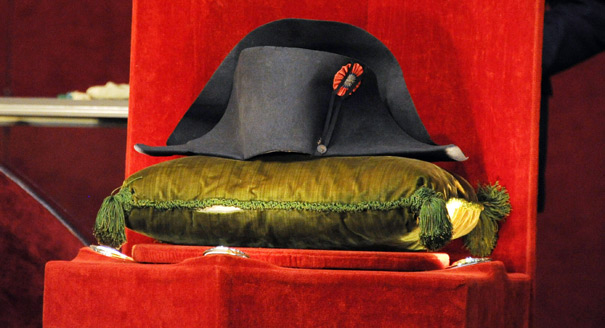Registration
You will receive an email confirming your registration.
On June 18, 1815, in a small village outside Brussels, the Battle of Waterloo shaped the course of European history. Fought in less than twelve hours, the battle led to more than just an allied victory over Napoleon’s French army—it marked the end of an era of Bonapartist tyranny in Europe and ushered in almost half a century of continental peace.
In Carnegie Europe’s season opener, Brendan Simms, Cambridge University historian and author of The Longest Afternoon: The 400 Men Who Decided the Battle of Waterloo, Jamie Shea, NATO’s deputy assistant secretary-general for emerging security challenges, and Jan Techau, director of Carnegie Europe, discussed this historic turning point in European history, assessed its value for today’s strategy debate, and tried to glimpse into Europe’s future in light of one of the most important dates of remembrance in 2015.
Jamie Shea
Jamie Shea is deputy assistant secretary-general for emerging security challenges at NATO.
Brendan Simms
Brendan Simms is professor in the history of international relations at the University of Cambridge.
Jan Techau
Jan Techau is the director of Carnegie Europe.
